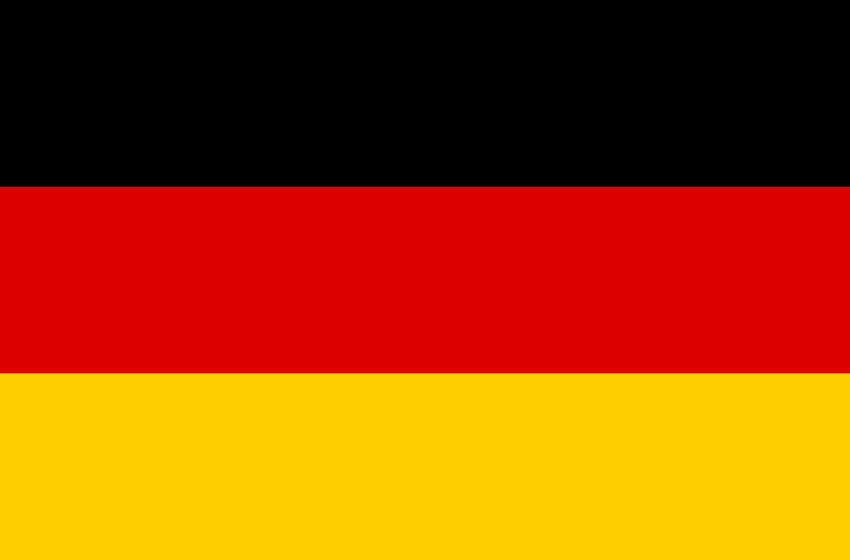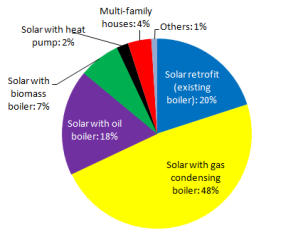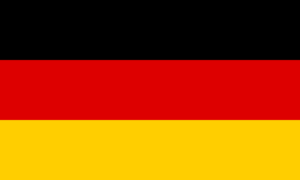Germany: Backlash against Solar Heating and Cooling Sector
October 5, 2010
Prospects for the German solar thermal industry remain gloomy. For the second time in a row, the market has shrunk significantly. The installed collector area in 2009 (1,615,000 m2) was already 23 % less than the record figure in 2008 (2,100,000 m2). In 2010, however, installation figures have again been down from last year’s figures by around 20 %. “The drop in installations is hurting the industry badly, because most German collector and tank manufacturers have just invested in new production facilities, which are now running below capacity,” Helmut Jäger, Second Chairman of solar industry association BSW Solar and Managing Director of Solvis, a manufacturer and supplier of renewable heating systems, says.
Jäger names several reasons for the crisis in the solar heating and cooling sector: There are the low energy prices and the uncertainty on the side of the end consumer. The latter is caused by the German government’s erratic energy policy when it comes to financial mechanisms.
The first side blow hit the sector in April, when the German Bundestag’s Budget Committee halted the allocation of EUR 115 million from the National Rebate Programme for Renewable Energies (MAP). To make matters worse, the rejection of all applications sent in after 3 May 2010 coincided with the start of the solar season after a strong winter. It took the sector almost three months of hard negotiations to unblock those funds. Since 12 July, individuals have been able to apply for funding again. However, “You cannot make up for the losses incurred by the stop of the incentive programme during the summer months,” Jäger explains.
The second side blow hit the sector just two months later. The German KfW banking group’s low-interest loans for energy-efficient modernization have no longer been available since 1 September 2010. In the past, the replacement of a heating system often led to the installation of a solar water heater in combination with an efficient boiler.
Nevertheless, it was necessary to put an end to the loan applications, because the budget for this popular programme has been cut down significantly. Whereas in 2009, its total budget for modernizing buildings, including the heating system, amounted to EUR 2 billion, the programme has to cope with a significant reduction this year, with its budget being down to EUR 1.35 billion, and an even greater one next year, with only EUR 437 million available. “We need a more reliable incentive policy,” the German heating industry association BDH warned in a press release on 20 August. “The unstable frame conditions unsettle both the market and investors.”
The most recent backlash came in form of the newly published “Energy concept” and the 10-point Emergency Programme from the Federal Government at the end of September. None of the expectations the solar heating and cooling sector had about the 10 items on the programme’s list were met. No reliable and clear-cut frame conditions. Neither an increase of the MAP budget, nor one of the KfW programme. Instead, the measures aim at the renewable electricity sector with a focus on off-shore wind energy.
The BDH emphasizes that the early drafts of the energy concept mentioned a funding of EUR 3 billion for energy-efficient measures in buildings: “This sum is the minimum amount required to achieve the ambitious climate protection goals of the federal government,” a BDH press release noted on 30 September. The energy concept again listed the objective of a German climate-neutral building standard by 2050. BDH and BSW Solar criticize that the paper does hardly specify the measures necessary to realize it.
More information:
http://www.bdh-koeln.de/
http://en.solarwirtschaft.de/


